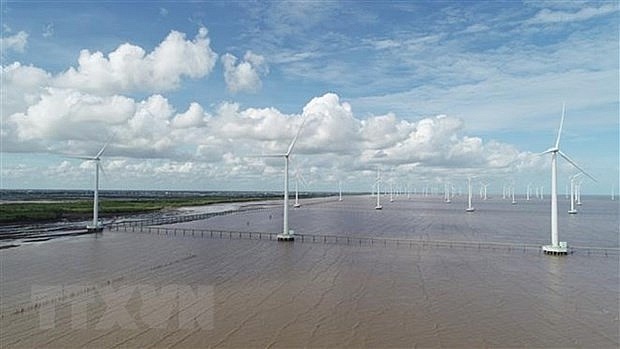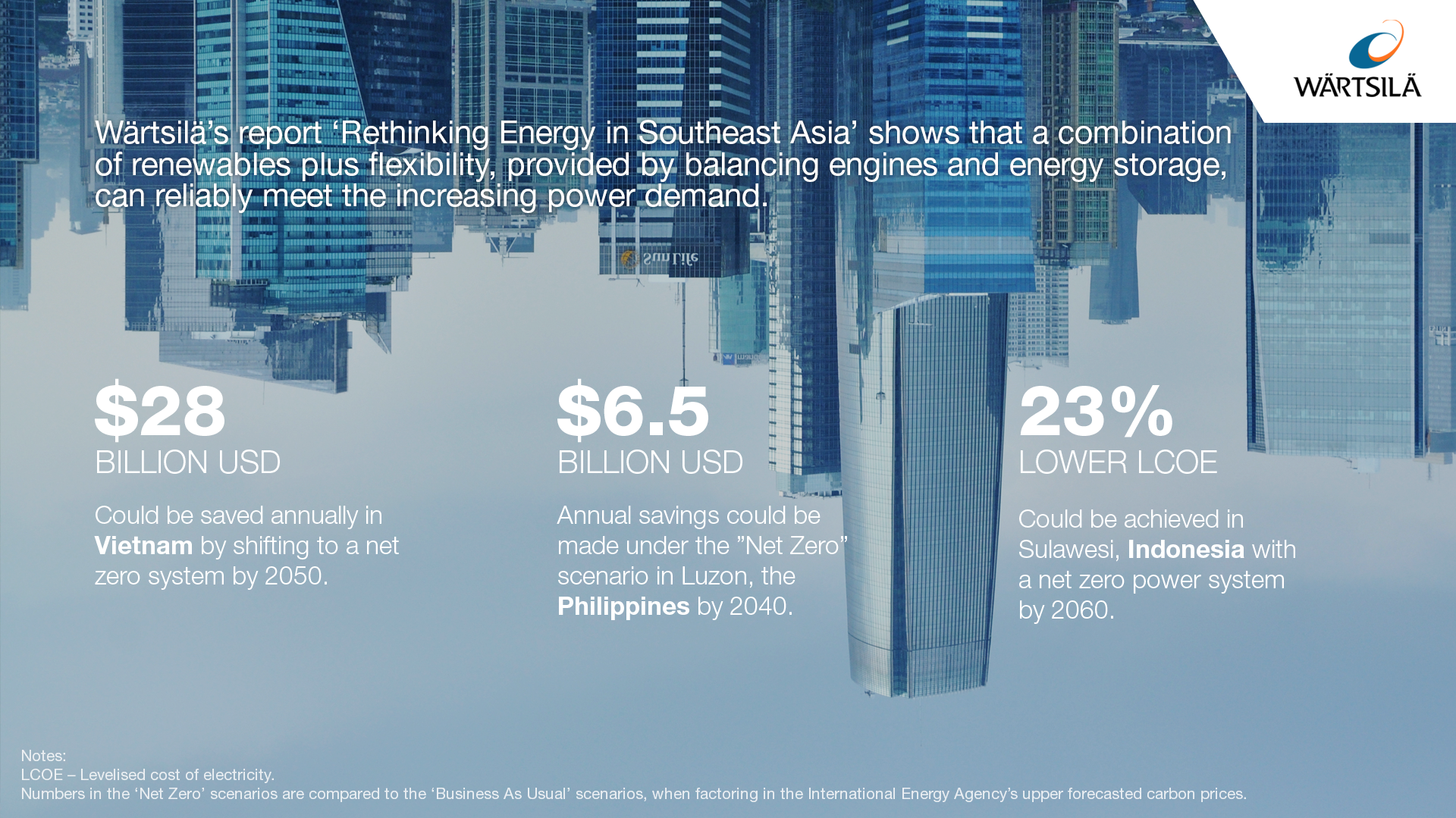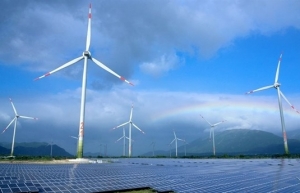Southeast Asia’s information platform for energy transition debuts
Hanoi – A regional information platform for energy transition SIPET, targeted at professionals, has been launched by the Clean, Affordable, and Secure Energy for Southeast Asia (CASE) to facilitate dialogue and promote coordination in the region’s power sector to support the acceleration of the energy transition in the region.
 |
| A wind power farm in the Mekong Delta province of Bac Lieu. (Photo: VNA) |
Energy demand is projected to grow by 80 percent by 2050. Indonesia, the Philippines, Thailand, and Vietnam represent nearly three-quarters of total power generation in Southeast Asia; therefore, the ability of the region to meet its development goals largely depends on the countries’ current and future energy choices.
Yet, energy transition stakeholders in Southeast Asia have highlighted in a survey a series of common challenges: a lack of institutional capacity; a lack of platforms for timely information and intelligence sharing; excessive time spent in coordination; and duplication of work because stakeholders are not aware of others’ activities.
SIPET will tackle these challenges with four key functions: a suite of Power Sector Resources, a Project Database and Mapping Tool, a Knowledge-Sharing Hub, and a Community Forum for energy transition professionals.
“SIPET is a one-stop platform that pulls together available information and research, facilitates evidence-based discussions, supports professionals to understand key data and trends, and greatly improves coordination and knowledge-sharing among stakeholders,” said Simon Rolland, Energy Project Director of GIZ.
“Through SIPET, we aim to facilitate the narrative in the power sector towards an evidence-based energy transition that robustly supports the region’s development strategies, and towards joint actions that secure a clean, affordable and secure energy future for Southeast Asia.”
The CASE project, commissioned by the Federal Ministry of Economic Affairs and Climate Action of Germany (BMWK), aims to support Southeast Asian partner countries in the transition to a future energy system that provides reliable and affordable energy to the people while increasing political ambition to comply with the Paris Agreement. CASE contributes to shifting the narrative of the energy sector in Thailand, Indonesia, the Philippines and Vietnam towards an evidence-based energy transition.
 | Vietnam's smooth transition to net zero by 2050 Wärtsilä has revealed that renewable-based power systems, backed by grid balancing engines and energy storage, can enable Vietnam to reach net zero by mid-century whilst cutting the levelled cost of electricity (LCOE) by 20 per cent when taking into account future carbon taxes. |
 | Quang Ninh’s Mong Cai city moves to develop renewable energy Mong Cai city, the northern province of Quang Ninh, is planning to develop renewable energy on Vinh Thuc and Vinh Trung islands in the near future. |
What the stars mean:
★ Poor ★ ★ Promising ★★★ Good ★★★★ Very good ★★★★★ Exceptional
Related Contents
Latest News
More News
- France supports Vietnam’s growing role in international arena: French Ambassador (January 25, 2026 | 10:11)
- Foreign leaders extend congratulations to Party General Secretary To Lam (January 25, 2026 | 10:01)
- Russian President congratulates Vietnamese Party leader during phone talks (January 25, 2026 | 09:58)
- Worldwide congratulations underscore confidence in Vietnam’s 14th Party Congress (January 23, 2026 | 09:02)
- Political parties, organisations, int’l friends send congratulations to 14th National Party Congress (January 22, 2026 | 09:33)
- 14th National Party Congress: Japanese media highlight Vietnam’s growth targets (January 21, 2026 | 09:46)
- 14th National Party Congress: Driving force for Vietnam to continue renewal, innovation, breakthroughs (January 21, 2026 | 09:42)
- Vietnam remains spiritual support for progressive forces: Colombian party leader (January 21, 2026 | 08:00)
- Int'l media provides large coverage of 14th National Party Congress's first working day (January 20, 2026 | 09:09)
- Vietnamese firms win top honours at ASEAN Digital Awards (January 16, 2026 | 16:45)

 Tag:
Tag:




















 Mobile Version
Mobile Version